

Don’t be misled by the current lull in air freight shipments. Air travel remains a critical mode of transport for expedited, time-sensitive shipments. No other mode of transportation offers the chance to cover so many miles in so little time. The global air freight market still expects to boast a 5.8% compounded annual growth rate through 2027, giving the industry a value of $391 billion by then. Companies should prioritize reducing freight costs, improving shipment visitability, and increasing operational efficiency to continue that growth.
There’s another way that could spark even more growth: e-bookings. This aspect of airfreight has been slow to catch on and hasn’t proved as popular — yet — as other e-trends. But using e-bookings could be an untapped potential source for many logistics professionals to make their supply chain run optimally while leaving more time to focus on other aspects of their business. This article discusses the emergence of digital air freight, how e-bookings work, and why choosing the right freight forwarding partner to manage e-bookings is critical.
Digital air freight or digital air cargo (DAC) involves using technology to assist in moving shipments via airplane. The drive to automate the process of matching shippers, freight forwarders, and carriers through e-bookings is gaining traction. This electronic way utilizes a web-based platform or application to connect parties’ information in real-time to make reservations quickly.
Interested stakeholders may digitally compare categories such as origin, destination, capacity, size, and routing options. When matched, they can book capacity on a specific flight at an optimized price to move their shipment. Instead of taking days as it might have previously, the entire process is now completed in minutes – saving time, money, and the headaches often involved. The platform allows businesses to automate the process and conveniently and efficiently choose partners.
It may seem like a slam dunk. After all, e-bookings often work flawlessly in selecting a hotel, rental car, or concert ticket. But there have been issues to work out in booking digital air freight. For one, tech stacks often vary among airlines, which complicates matching the platforms. There hasn’t been a big push to modernize the process, especially from the carriers’ perspective. Honesty and trust have long been more important to stakeholders than speed and ease of use. Also, not everyone is yet on board to modernize their systems, and it is a slow process to connect all parties and ensure they are on the same platform. For everyone to be on board, the process must be effortless and without hassles while offering total transparency.
So why is it only now catching on? Probably because more airlines are seeing the benefits of streamlining the complicated process to make e-bookings possible in just minutes. The opportunity to establish a direct connection between forwarders and carriers for freight bookings, similar to how Uber works, is too enticing to ignore. And while there is still a ways to go to catch up with how smoothly other e-bookings work, there is progress, and stakeholders adapting now will be ahead of the curve.
Moving to a transparent system that almost instantly matches shippers, freight forwarders, and carriers — compared to a process often measured in days — has yet to convince everyone that e-bookings is the proper choice. Here is a look at how the traditional method for air freight booking is slowly evolving into the digital age.
The traditional process features several inefficient processes that demonstrate why it often takes days to find a connection in air freight booking. Shippers must go through International Air Transport Association (IATA) freight forwarders to secure capacity, and the rates are based on forwarder contracts, marked up arbitrarily. This means minimal transparency into costs for shippers, and forwarders can take advantage of tight markets. It is also a paper-intensive process and sometimes takes 2-3 days to receive a quote because so many players are involved. It typically includes a lot of back and forth via phone calls or emails before everyone agrees on the route, price, size, origin, and destination.
We’ve been booking flights and hotels online for decades, but the air freight industry has lagged far behind in the effort to digitalize. Now it is scrambling to catch up. There has been resistance from IATA freight forwarders, who controlled the market for so long, to avoid the real-time pricing and instant connections that air freight e-bookings offer. There are more steps to take, but the technology and collaboration among many stakeholders in airfreight are improving to streamline the process. Perfecting the system while offering lower prices with less overhead will expand the market for everyone and let stakeholders receive the necessary information from partners rapidly, helping them compare options for their shipment. This shift in culture means taking whatever steps are necessary to optimize operations to improve the traditional model of moving air freight. The ease and speed of incorporating e-bookings into digital air cargo eliminate the manual processes, phone calls, and back-and-forth emails that slog the system down.
Using e-bookings for digital air freight is becoming more manageable, but the pandemic has delayed the process. Companies are just now moving past that and looking for ways to improve. It is proving slow to catch on because e-bookings involve coordinating multiple shipments, and the infrastructure is underdeveloped to support airlines’ unique tech stacks. The various software systems simply are not communicating with each other. Stakeholders continue to embrace innovation and new technologies but have their own systems and procedures. Airlines will have to digitize the booking, payments, and capacity system and integrate it with other platforms to make digital air cargo worth it for everyone involved.
Another challenge could be the diverse prices offered through different countries or channels. Unified pricing across the globe would incentivize more to join. Until e-bookings are the overwhelmingly preferred method of choosing flights, companies may have to be adaptable to both digitized and manual procedures.
Despite the challenges, digital air freight e-bookings have numerous advantages. Here are some of them:
Ease of use: Using e-bookings lessens the need for manual processes.
Access anytime: e-booking means customers have 24-hour automated access and don’t need to wait for the return of an email or phone call.
Transparent pricing: Forwarders will still be involved, but margins will be transparent to customers instead of rolling into hidden fees.
Dynamic pricing: Freight costs are automatically calculated based on demand and capacity in real-time to reflect changing market conditions, removing uncertainty for parties.
Instant results: e-booking can check flight availability and costs and generate shipping documents rapidly.
Increased efficiency: The rates and prices are known instantly, instead of waiting for hours or days for quotes like in the past.
Better visibility: Companies can now follow shipment updates in real time.
Improved accuracy: e-bookings eliminate manual human errors and ensure the completion of proper documents.
Cost savings: Digital air cargo eliminates some labor, manual processes, and delays that cost time and money.
Time savings: Stakeholders avoid wasting time that occurred during the manual method when they can’t agree on a price and flight.
Improved communication: Streamlined communication channels allow parties to collaborate and reduce the risk of confusion.
Security: The digital process allows for a greater chance of authentication, protects sensitive goods, and ensures no security breaches.
Customer satisfaction: Making the process more efficient will help meet customers’ expectations, and isn’t that what counts?
Reach sustainability goals: e-bookings eliminate complex paper processes and may reduce transportation-related carbon emissions.
Digital air cargo e-booking should continue gaining popularity and become the go-to connection method. If the integrations with other systems and more timely information are available, look for more stakeholders to get on board. All sides must work together to make it more streamlined and ensure everyone benefits, especially the customers. Resistance to change has been a roadblock in the industry. Still, if an accurate, quick, secure pricing structure is made available, air freight e-bookings can catch up to other industries that rely on similar processes.
Using digital air freight e-booking won’t eliminate the need for freight forwarders. They are an indispensable link between carriers and shippers, ensuring cargo arrives at the proper destination and filing all documents on time. No matter how digital the system becomes in the coming years, freight forwarders will still be a key component of moving air cargo when there isn’t a moment to lose.
When looking for a freight forwarder, you need one that can provide a streamlined experience to get your deliveries where they need to be on time.
Freight Right delivers a full range of logistics services — including e-bookings — by offering technological solutions to complex supply chain issues. Get a digital air freight quote now, or contact the experts at Freight Right to find cutting-edge solutions in air freight, customs, and domestic trucking.
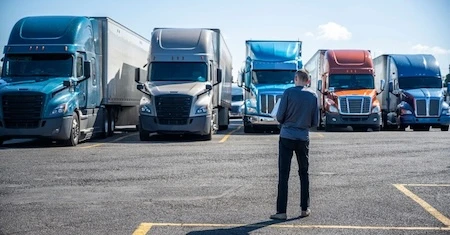
Do you really need multiple customs brokers? Find out how a single freight forwarding and customs brokerage provider saves you time and money.

The International Chamber of Commerce (ICC) now offers a full-blown app to facilitate a faster ATA Carnet process
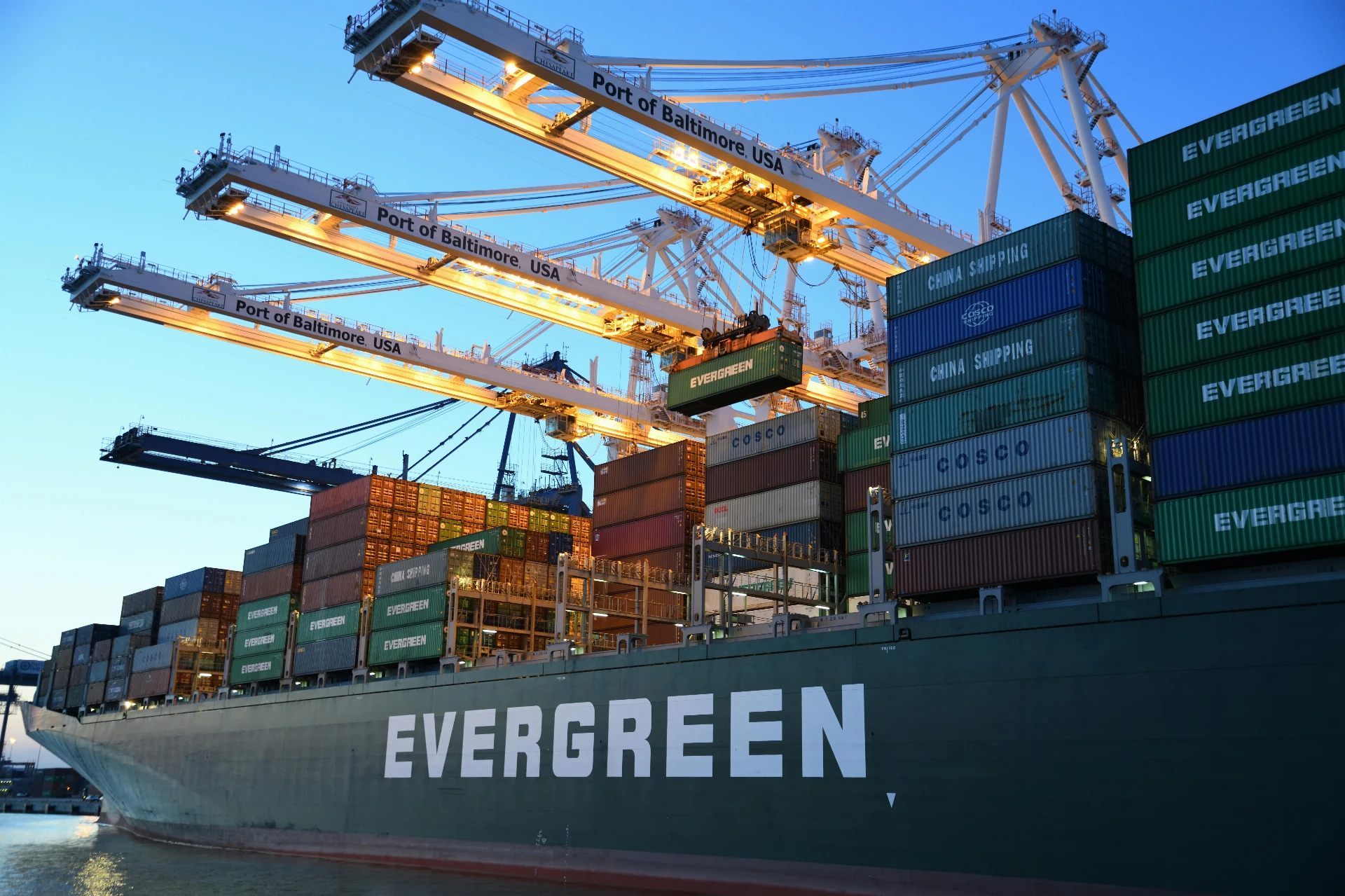
Demurrage and detention fees are mostly avoidable when you use the right solutions and partnerships to help you manage your shipments.

Discover the complexities of shipping freight to Alaska, and learn why partnering with Freight Right is essential for efficient deliveries.

Each day the Supreme Court moves closer and closer to a ruling for or against the Trump administration's IEEPA tariffs. See what Baker Tilly's Pete Mento advises importers do to get ready for any out come, what the possible outcomes could be and more.
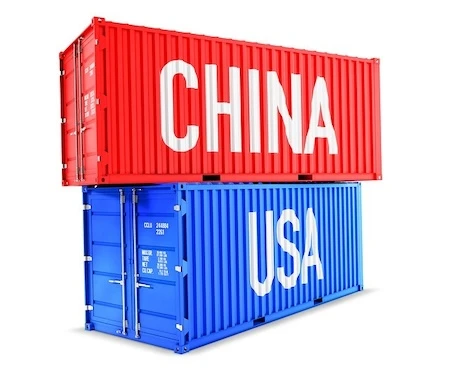
We examine how US-China trade tariffs have affected freight and logistics around the world.
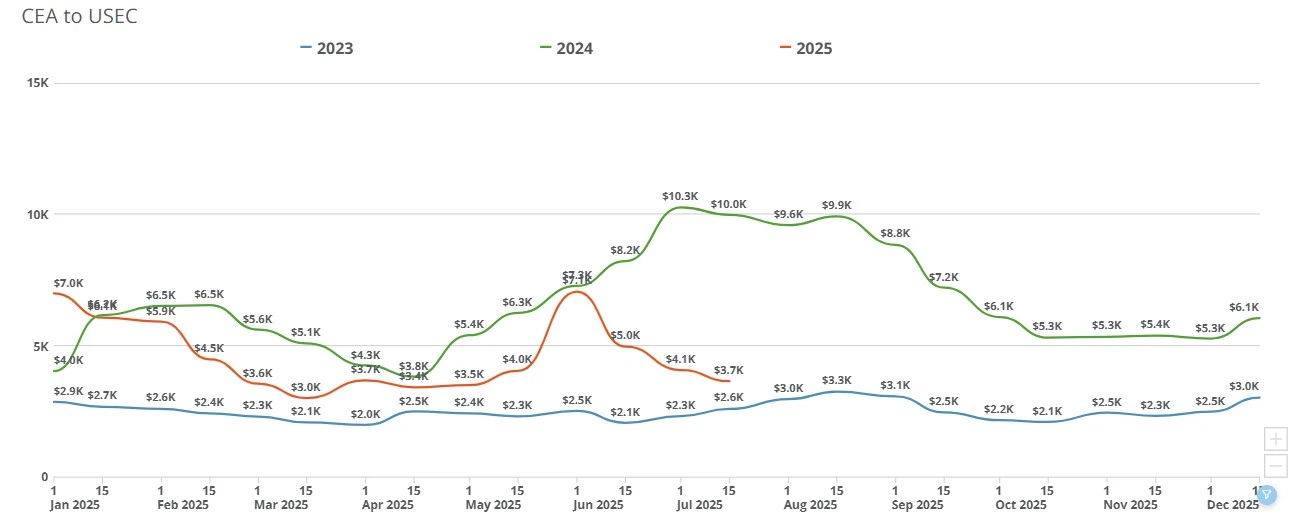
As the deadline before reciprocal tariffs take place, the Trump administration continues to make deals with nations around the world. Importers are back to taking a wait-and-see approach while rates USWC and USEC remain unchanged.

The Supreme Court’s landmark IEEPA tariffs ruling strikes down major duties. Learn how this decision impacts Section 301 and 232 tariffs and how to claim refunds.

On April 24th, The US Department of Homeland Security and US Customs & Border Protection have released new guidance around the end of the US' de minimis exception. See the changes ahead for importers and customs professionals.
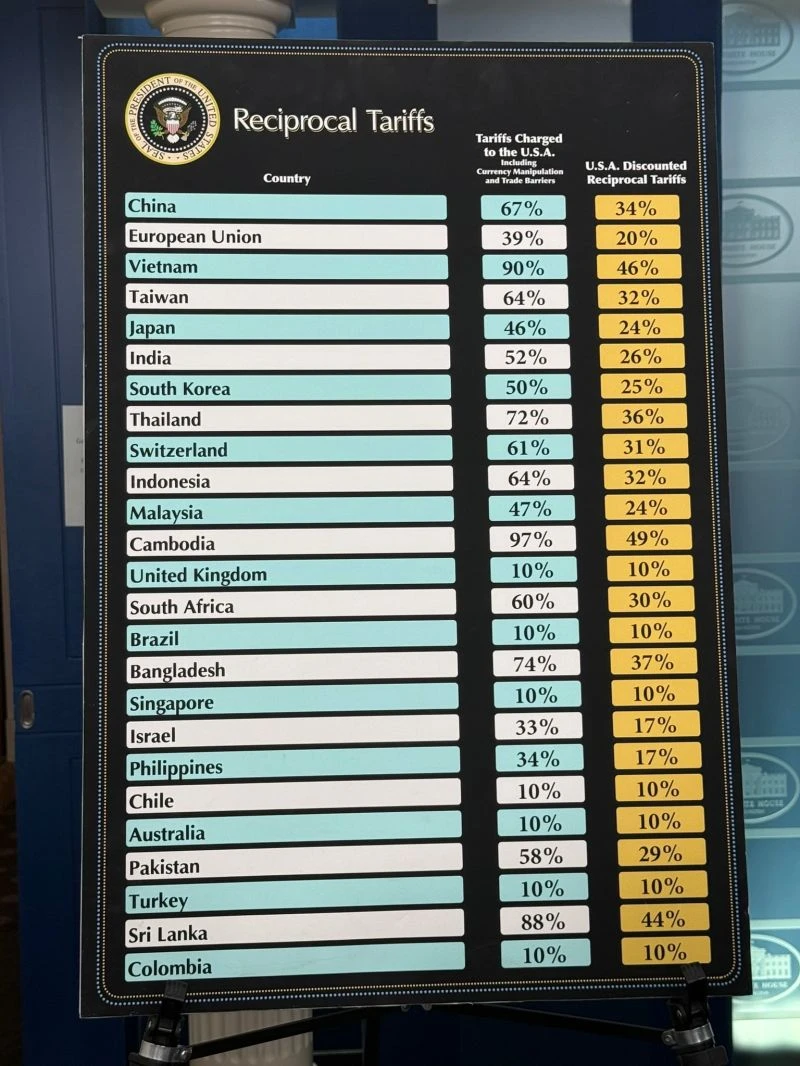
On April 2nd, the Trump administration announced reciprocal tariffs aimed at 50 countries and a baseline 10% tariff on all imports to the US. Here are the latest tariffs the US plans to levy against other countries.